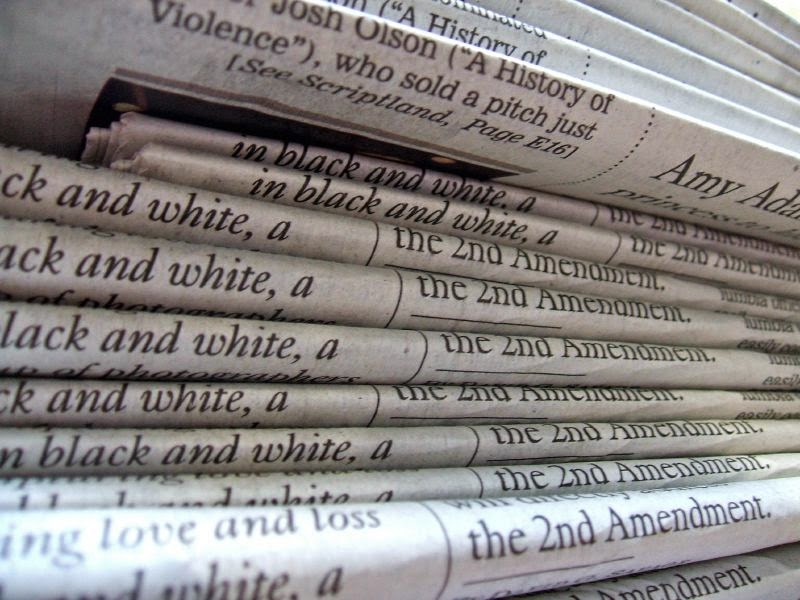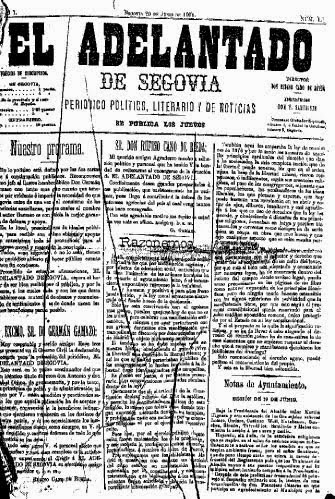 |
| Simon & Schuster (Canada) |
Sunday, August 30, 2020
Canada Reads 2020: From the Ashes
Sunday, August 16, 2020
Sunday Theology: A Jewish Prayer in Isaac Bashevis Singer's Poland
Before I cut short the reading in German translation of Isaac Bashevis Singer's novel The Magician of Lublin, I copied a quotation into my notes:
"Was sind wir, was unser Leben, was unsere Gnade? Was unsere Frömmigkeit, was unsere Hilfe, was unsere Kraft, was unsere Stärke? … Alle Helden sind wie nichts vor dir, die berühmten Männer, als ob sie nie gewesen, die Weisen wie ohne Erkenntnis, die Einsichtigen wie ohne Verstand, denn die Menge ihrer Werke ist eitel, und die Tage ihres Lebens sind nichtig vor dir."
These words are spoken in a place of worship by an Orthodox Jewish man who is praying by himself. The character of the Magician (who is wrestling, like the author himself, with contradictory forces of secularism and faith) overhears him on one of his journeys from Lublin.
To translate roughly: What are we, what is our life, what is our mercy? What our piety, what our assistance, what our power, what our might? ... All heroes are as nothing before you, the famous men are as if they never existed, the wise are without knowledge, the perceptive without reason, for the mass of their works is in vain, and the days of their lives are nothing before you.
Whether it is an excerpt from a known religious text, as I assume, or Singer's own composition, I was struck by it.
From a literary perspective, its words are weighty. Atmospherically I feel pathos in it — a sadness about not living up to an individual ideal — rather than a brutal denial of humanity at large, although this is debatable.
What I like in a subjective, non-literary way is the sense of proportion of a human's role in the history of the world, and in the width and breadth of the present time. It appears healthy to follow a religion or philosophy that is not meant to coddle and feed ego, but rather to help us look beyond ego.
I also like the idea of a God who is forceful enough to influence our lives through the quieter inner paths of conscience and the path of outer events without clear cause and effect, not a thin-skinned, fragile narcissist who relies on human propaganda, vigilanteism and perpetual obeisance to achieve the good. (Whatever that good may be.)
On the other hand, I may have quoted before the thought that God is infinitely small as well as infinitely great. We do not need to worship a Nietzschean superman.
*
On second thought, writing about a Jewish prayer on Sunday may be clumsy. So apologies for that, as well as for the perhaps frivolous habit of picking and choosing from religions what interests me and what doesn't, and offering an uneducated opinion without taking into account what the reactions may be.
Source: Der Zauberer von Lublin, by Isaac Bashevis Singer. Translation by Susanna Rademacher. Reinbek bei Hamburg: Rowohlt, 2017.
Friday, August 07, 2020
Around the World in 32 Countries: Argentina and Jorge Luis Borges
Jorge Luis Borges
Transl. Karl August Horst and Gisbert Haefs
Frankfurt am Main: Fischer, 1991
 |
| "Cuesta del Obispo, Provincia de Salta (Argentina)." Attributed to eMaringolo, 2012 via Wikimedia Commons, CC-BY-2.0 License |
- Guaraní in Corrientes
- Quechua in Santiago del Estero
- Qom, Mocoví, and Wichí in Chaco
- Welsh in Chubut
Finding Argentine authors was difficult, but perhaps I didn't go about it the right way.
I was thrilled to learn [via Goodreads] that the classic film Blow-Up, by Michael Antonioni, is based on a short story by the Argentine writer Julio Cortázar. Also, because I was interested in Patagonia, my mother found the Chilean writer Francisco Coloane's book Tierra del Fuego in our bookshelves, for me to read as a supplement.
Technically there are many biographies and memoirs one could read. The Pope is Argentine. Ernesto (Che) Guevara was from Argentina and wrote his Motorcycle Diaries about travel in the country. And there are plenty of biographies of Eva Perón, wife of the 1970s president Juan Perón and symbolic heroine of the nation who inspired a film where Madonna acted the title role.
 |
| Photograph of the first meeting between the Argentine writers Borges and Ernesto Sabato. Published in the Revista Gente, nº 499, Feb. 13, 1975 via Wikimedia Commons, public domain in Argentina |
However, our home library doesn't have many books by Argentine authors. The exception is the literary giant and polymath Jorge Luis Borges. He also happens to be a favourite author of a colleague.
***
The Universal History of Infamy — the Niedertracht part of the book, originally published as the Historia universal de la infamia in Spanish — is a series of short stories about villains who really lived, in fictionalized form.
Monday, August 03, 2020
August 2020 in Books: What We'll Be Reading Next
 |
| via Penguin Random House |
One afternoon, in a town in southeastern Nigeria, a mother opens her front door to discover her son’s body, wrapped in colorful fabric, at her feet. What follows is the tumultuous, heart-wrenching story of one family’s struggle to understand a child whose spirit is both gentle and mysterious.
 |
| via Amazon.com |
Setting out to resolve her own ancestral legacy of the Lakes, Kassabova’s journey unfolds to a deeper enquiry into how geography and politics imprint themselves upon families and nations, and confronts her with questions about human suffering and the capacity for change.
Some places are inscribed in our DNA yet take a long time to reveal their contours, just as some journeys are etched into the landscape of our lives yet take a lifetime to complete.

